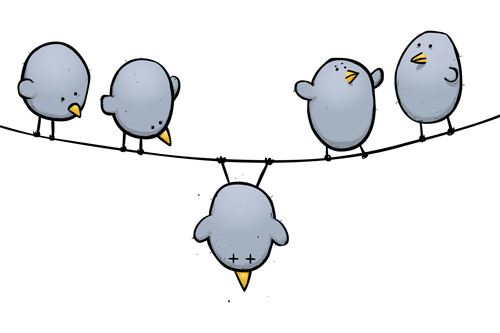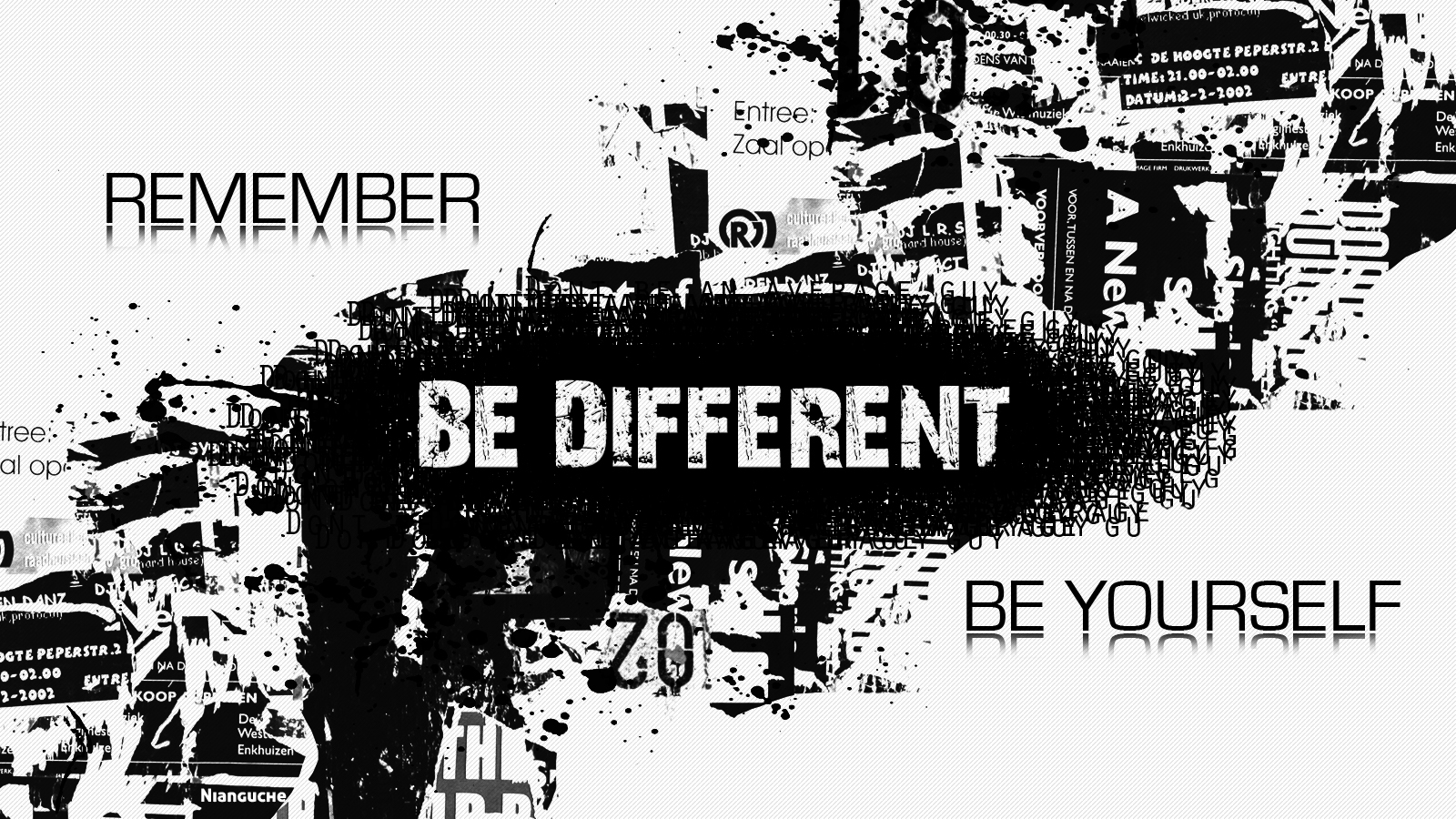By Deepak Chopra, MD, FACP
The holidays, officially a time of good cheer, have become instead a byword for stress, overeating, running up bills, and enduring one’s relatives. This falls in line with the last two posts on happiness and our dubious relationship to it. It’s hard to find to define a greater goal in life than lasting happiness, yet modern psychology, with its notions about happiness being incidental and unpredictable, discourages us form believing in lasting happiness.
What’s the solution? Let me suggest returning to a simple but profound idea that has endured in every spiritual tradition. Unhappiness means that you are not being yourself. When you are being yourself, happiness is permanent because the “true self” is by nature at peace, blissful, and undisturbed by the ups and downs of daily life.
The definition of happiness — being yourself — couldn’t be easier to grasp, but there’s a winding path to get there when you are starting far away. The kind of happiness all of us were raised to believe in depends on the pursuit of pleasure and the avoidance of pain. In the world’s spiritual traditions, this is considered a false path. Not because pleasure is bad (we can leave aside the doctrine that values pain and condemns pleasure), but because it is temporary. If you want temporary happiness, a beautiful sunset, a new Porsche, Christmas turkey, or a week in the Bahamas will do the trick, but once you come down to earth, the issue of lasting happiness, the kind that no one can take away from you, remains.
The holiday season is actually a holy-day season, which makes it ideal for examining your relationship to happiness. I don’t mean monitoring your mood as it goes up and down. Rather, use this time for a little experiment. As you move through the holidays, keep track of the following things that bring you closer to your true self, or away from it.
Closer to your true self:
- Moments of peace and joy
- Feeling loved
- Feeling safe
- Having a sense that you belong
- Lightness of being
- Being carefree
- Appreciating your own existence
- A sense of the sacred, of grace and blessedness
Don’t be embarrassed about watching for these signs, because they are part of who you really are. They are the unchanging background against which all activity takes place. Activity draws you out of relationship with your true self, which is why moments of truth come and go. They twinkle like the stars, which emit a constant light but seem to grow brighter and dimmer because of disturbance in the atmosphere.
As part of your experiment, note the symptoms of moving away from your true self, the path to unhappiness.
Away from yourself:
- Other people push your buttons
- Your family puts you in a box and tells you to stay there
- You feel helpless to change
- You need the anesthesia of alcohol or stuffing yourself with food
- You feel tossed about by external stresses
- There is no holiness that you can personally sense
- All the activity begins to feel pointless
These signs are not a condemnation of the holidays, which exist to bring us back into a simple relationship with our spiritual nature. They are the symptoms of a broken connection. So try the experiment for yourself, and then when New Year’s comes, you can make some life-changing decisions about how important it is to be as happy as your soul wants you to be. This is the closest thing to an eternal message that this time of year has to offer.
Deepak Chopra, MD is the author of more than 75 books with twenty-two New York Times bestsellers including The Ultimate Happiness Prescription: 7 Keys to Joy and Enlightenment and What Are You Hungry For?. Join the weightlessproject.org to eradicate obesity and malnutrition.


